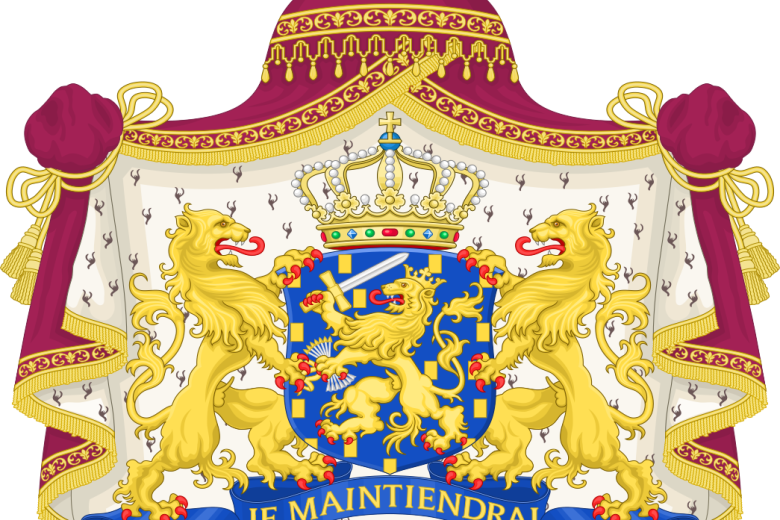The EU is negotiating trade agreements in secret because orthodoxy, mysticism and a wishful thinking-based approach to policymaking have returned to power in Europe.
The first State of the Union of Juncker
- Law
On September 9th 2015 the president of the Commission, Juncker, adressed for his first time the European Parliament in his State of the Union. This year’s State of the Union was entitled: Time for Honesty, Unity and Solidarity. And the key concepts were: more Europe in the Union, and more Union in Europe. These concepts were illustrated by dealing with the refugee crisis, Greece/the Eurozone and the European economy, the plans of the Commission for an investment fund of 315 billion euro’s, the five presidents report , the negotiations with the United Kingdom, security at the Eastern borders, and climate change.
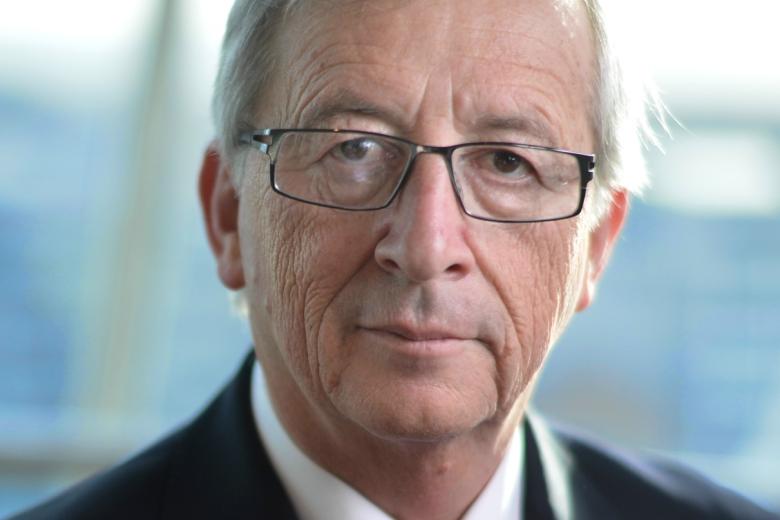
Responding to the ‘crisis’: building fences or cooperating with non-EU countries?
- Law
This year we have witnessed an extraordinary and tragic series of events. Hundreds of thousands of migrants have tried to cross the Mediterranean to reach Europe. The UN estimates that over 2,500 people have lost their lives in the process. In the last few weeks, the focus has shifted to the EU’s land borders, with migrants moving from Greece up to Serbia, then crossing into Hungary to travel onwards to Austria, Germany, and other EU countries. EU member states have responded in a number of ways: through border control (Hungary erecting a fence at its border to keep people out), transport policy (Denmark halting international train transport to Germany), or administrative actions (Germany no longer applying the ‘Dublin regulation’ on registration of refugees to Syrians).
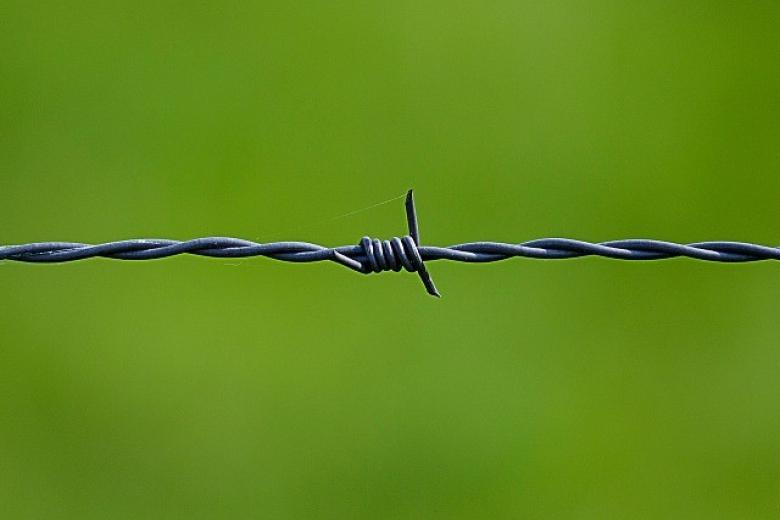
It has to be different?!
- Law
On 8 September 2015 State Secretary for Justice and Security Klaas Dijkhoff announced that from now on only refugees who have applied for asylum in a safe place outside the EU would be accepted in the Netherlands. The government wants to put an end to asylum-seekers placing their fate in the hands of human traffickers. The State Secretary says that drowning, suffocation and human trafficking must be stopped for good.

Give refugee children the Big Five
- Law
We are getting better and better at knowing how to help traumatized children. And how we can prevent childhood trauma. That knowledge is of great importance for refugee children, and not only for them. It would prove very helpful to all children if the gap between what we know and what we do in relation to treatment and prevention were narrowed. First of all, we all need to be familiar with the Big Five of developmental emotional needs of children. And subsequently, we need to be prepared to substantially invest in it. Not only for humanitarian reasons but also on grounds of a social and an economic nature. Enlightened self-interest, in other words.

(T)here and Back Again: the EU approach towards asylum seekers
- Law
Duo blog by Dersim Yabasun and Alexander Hoogenboom
At the outset of this blog there is reason to underline the value of an effective asylum policy. There is a tendency in some populist media, as well as among some populist politicians, to depict and cast the current humanitarian crisis as largely an abuse of the ‘asylum route’ for regular economic migration,[1] or as a ‘Muslim invasion of Europe’,[2] or even directly as a security threat as ISIS fighters are ‘shaving beards to sneak into the EU as migrants’.[3] These commentators invariably propose, as a solution, reception in the region: let the neighbouring states of war torn countries handle it.

A Refugee Law Clinic in Maastricht
- Law
After months of news about asylum seekers dying in the Mediterranean Sea, weeks of steadily increasing influx of people from the eastern borders of the EU, and witnessing the temporary exit of Germany from the Schengen agreement last weekend, the Maastricht University Faculty of Law has announced the Law Refugee Week.
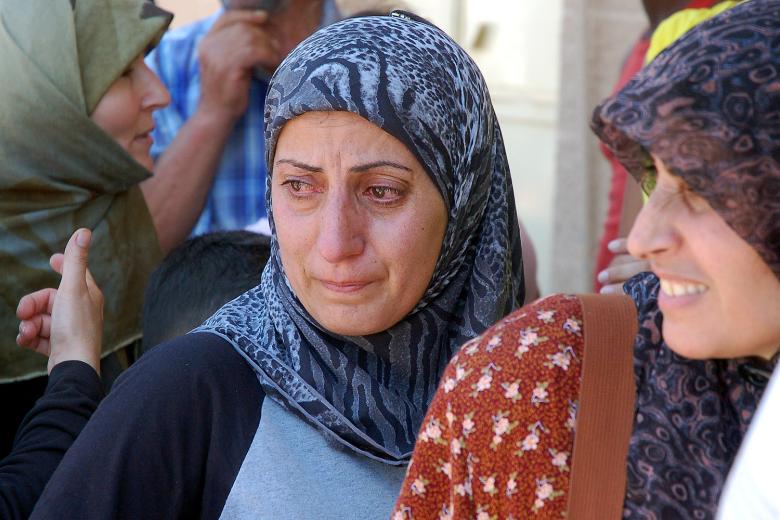
Migration, natural disasters and liability
- Law
Refugee crisis and migration may obviously have a lot of different sources. The current refugee crisis in Europe is obviously strongly related to the war in Syria. However, quite often migration and hence a stream of refugees, can also be caused by natural disasters, even by climate change. Some even claim that climate change may lead to huge migration and hence to many environmental refugees.
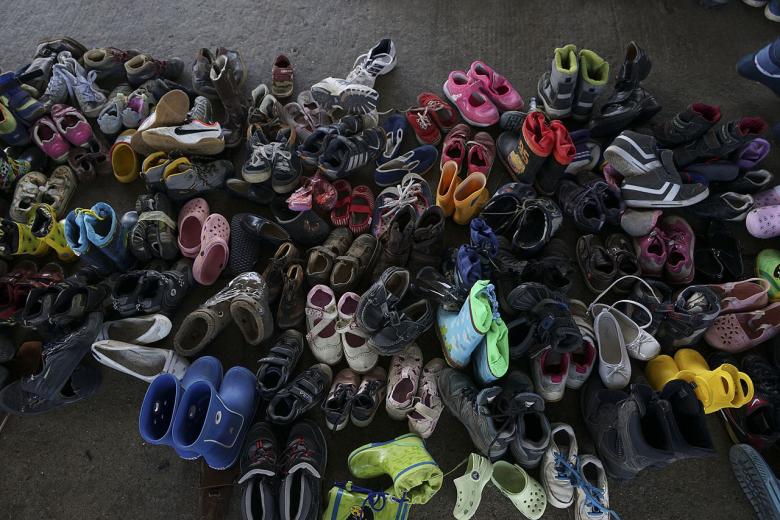
Extraterritorial human rights obligations to protect refugees
- Law
It took quite a while before the European countries realized and recognized that the influx from asylum-seekers via the Mediterranean Sea and Turkey into the European Union is not just a matter of controlling the outside borders of the Union, but also a humanitarian and human rights issue. Some European member states, such as Hungary, blocked borders to prevent asylum-seekers from entering. The government of Denmark has advertised in newspapers in Lebanon to discourage refugees from Syria to come to Denmark.
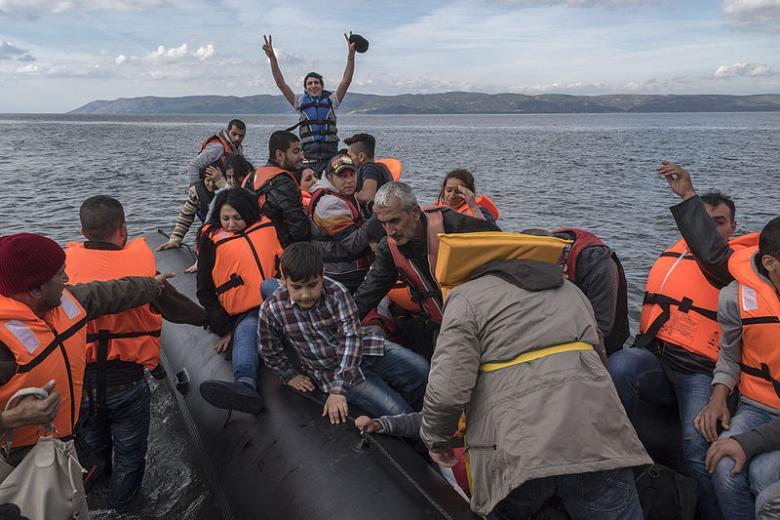
The Dutch ‘Troonrede’ (King’s Speech) and the EU
- Law
In today’s (15 september 2015) King’s speech the King said that the government will have as a point of departure for its presidency in 2016 of the Council of Ministers, a Europe which functions better and aims at essentials. Furthermore it will work towards an innovative Europe with a well-functioning internal market and with open trade relations with the world. The idea is that the member states of the EU will only be capable to guarantee collective security, and their common and shared values, their prosperity and welfare and economic growth, together and jointly.
